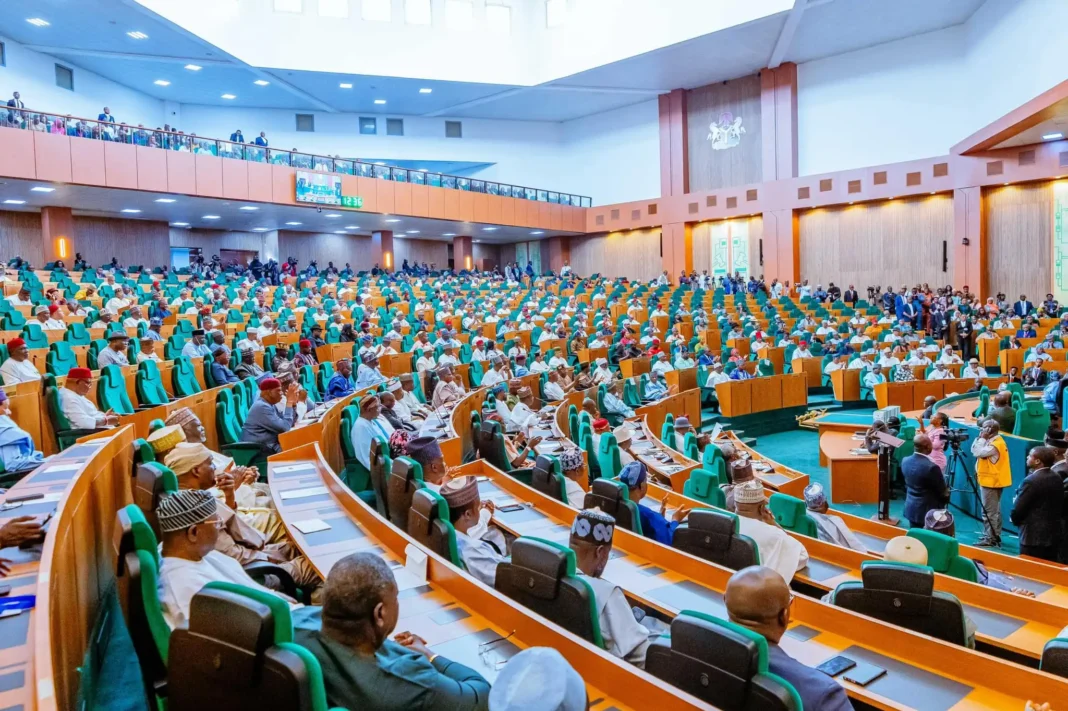With women covering almost half the population of Nigeria, and more than 43–percent of the registered voters, the most populous country in Africa is still experiencing some of the lowest female presence in its legislative councils.
At the global stage, females were expected to cover 22.5–percent of a country’s political space, while the benchmark of 23.4–percent was provided for in the Africa Regional Average. Yet, Nigeria is far from achieving these standards, as women political participation remained at 6.7–percent in both elective and appointive positions.
In the National Assembly, women constitute 5.6–percent of members of the House of Representatives, and 6.5–percent at the Upper Chamber (House of Senates).
Despite 25 years of uninterrupted democratic governance, spanning from 1999, Nigeria is yet to produce a female governor in any of the 36 states of the Federation.
This is a deathblow to Nigeria’s ambition in achieving Sustainable Development Goal (SDG) 5, one of the Sustainable Development Goals (SDGs), champion by the United Nations. SDG 5 represents gender equality, and empowerment of all women and girls.
Based on the above statistics, it was argued that female political poor representation in Nigeria, is a testament to the social settings of the country, together with its past experiences; prior, during and after colonial rule.
In a bid to boost women representation in decision-making, gender equality in governance has been a subject of debates proposed by the new constitutional amendment bill.
The New Bill — What Does It Entails
Prided to be the “most ambitious attempt” to address the inequities in women’s political representation, the bill was titled, “A bill for an act to alter the provisions of the Constitution of the Federal Republic of Nigeria, 1999, to provide for seat reservation for women in the National and State House of Assembly; and for related matters.”
The bill proposed amendments of critical sections of the Nigerian Constitution, specifically Section 48, 49, and 91, targeted to boost women’s lower representation in all legislative levels.
In the Senate Chamber, additional 37 seat from all the 36 states of the country, including the Federal Capital Territory (FCT), will be preserved exclusively for women—increasing the total senatorial seats from 109 to 146. Similar procedures will also be implemented in the House of Representatives, surging the total seats from 360 to 397 members.
At the state level, special seats will be reserved for female candidates from each three senatorial districts in the state assemblies.
The proposed bill aimed to maintain the existing electoral arrangement where women can contest for other constituency seats. Meanwhile, the new plans are to guarantee more females in the parliaments.
The bill is jointly sponsored by a 13-person led lawmakers, including Benjamin Kalu, the Deputy Speaker of the House of Representatives, Tolani Shagaya, Mohammed Hassan, the late Oriyomi Onanuga, Blessing Onuh, Joshua Gana, Kama, Nkemkanma, and Chinwe Nnabuife.
Others are Amobi Godwin, Khadija Ibrahim, Jonathan Gbefwi, Jafaru Leko, and Francis Waive.
Gender Advocates Hail the Proposed Bill
Several gender activists in Nigeria have charged the lawmakers to ensure the passage of the bill, while pledging their support for the proposed legislation.
During an interview with Premium Times, Ololade Ajayi, the founder of Document Our History (DOHS Cares), raised possible concern that may interrupt the success of the bill, pointing to the established political norms in Nigeria, as one of the factors that may frustrate the implementation of the bill.
Describing the bill as a “welcome development,” she said “without deliberate interventions, it would take another 30 years for men to bridge the gap in political participation.”
Another advocate, Osasu Ogwuche also commend the bill. She said: “This is not just a gender bill; this a sovereignty bill. We are not adding seats. We are restoring balance.”

